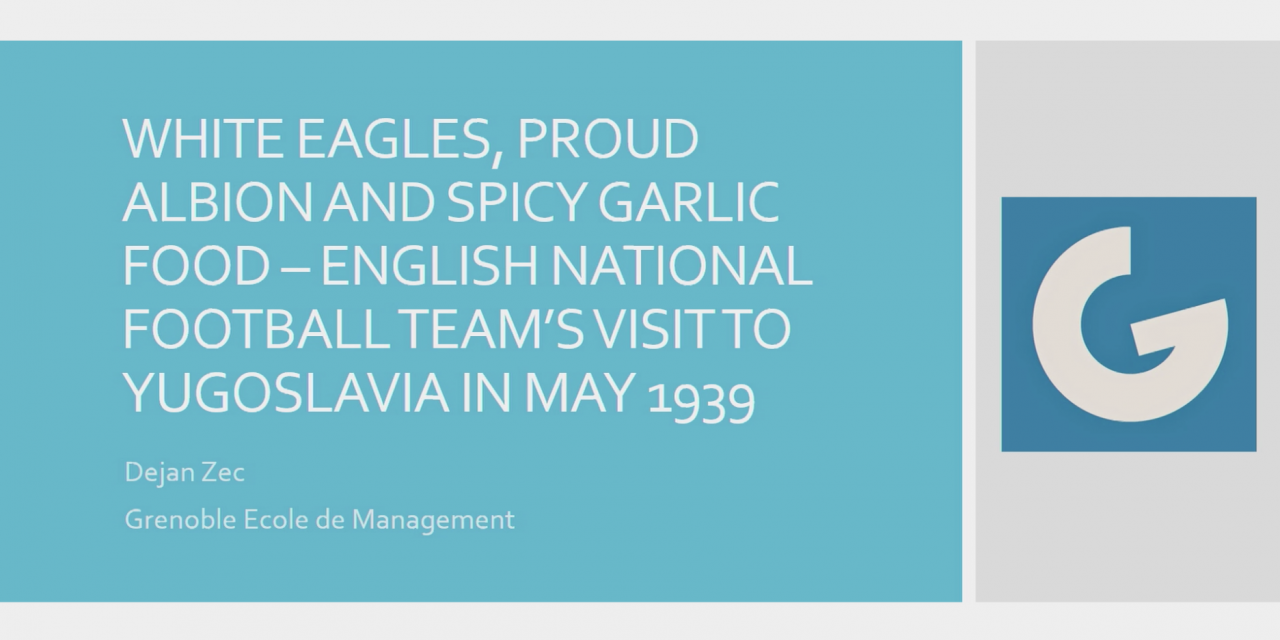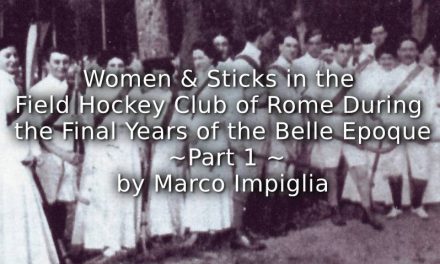Presented by: Dejan Zec
By the mid–‐1930s Yugoslav society had fully accustomed to the game of football and, in many ways, it became a true national pastime. Excellent performance by the national team in the 1930 World Cup in Uruguay, competitiveness of the Yugoslav clubs in regional tournaments, such as the Mitropa Cup, and the fact that there were several talented Yugoslav footballers playing for prominent French, Austrian and Swiss clubs, earned Yugoslavia quite a reputation in European football. However, the failure to qualify for 1934 and 1938 World Cups, unexpected defeats in several friendly matches against much weaker opponents during late 1930s, as well as internal conflicts and brawls over power and influence within the Yugoslav FA, gave the impression that Yugoslav football was in deep crisis. Seen as one of the ways to put the crisis behind was to beat a formidable international football side, and the opportunity presented itself in spring of 1939, when it was confirmed that England would play against Yugoslavia in Belgrade, as a part of the team’s tour of the region. The excitement over the match in the Yugoslav public was overwhelming – it was a long–‐lasting desire of Yugoslav football enthusiasts for its national side to compete against the team which was considered to be the best in the world. The match itself, which ended in Yugoslav victory, was widely considered as one of the most important national sporting successes in the pre–‐WW2 period, and also the state of euphoria and jubilation long after the match showed how important football was to the Yugoslav people. This international football match was not a one–‐dimensional event, limited to its sporting side, but also reflected a lot on various social, cultural and political issues regarding the two nations and their historical and current relationship.
Article © Dejan Zec





